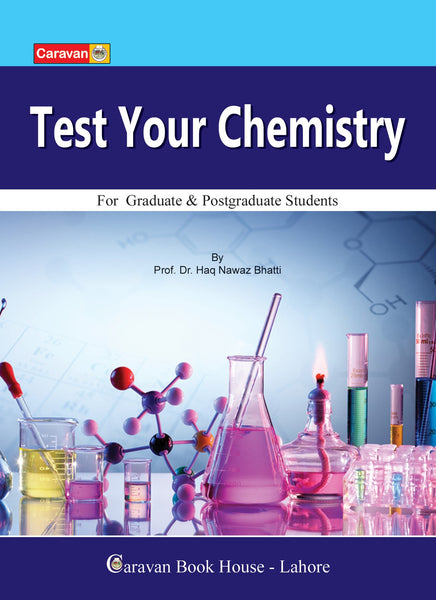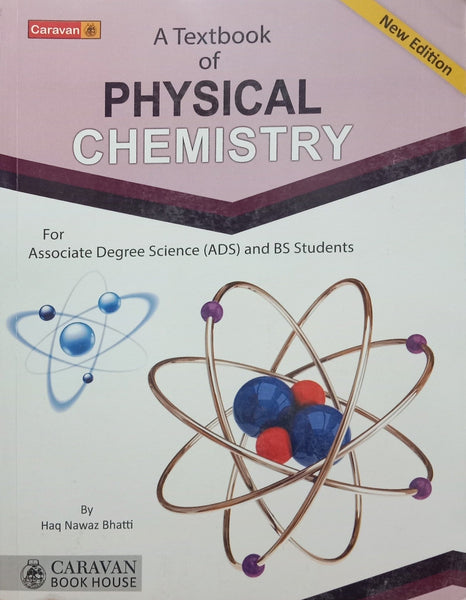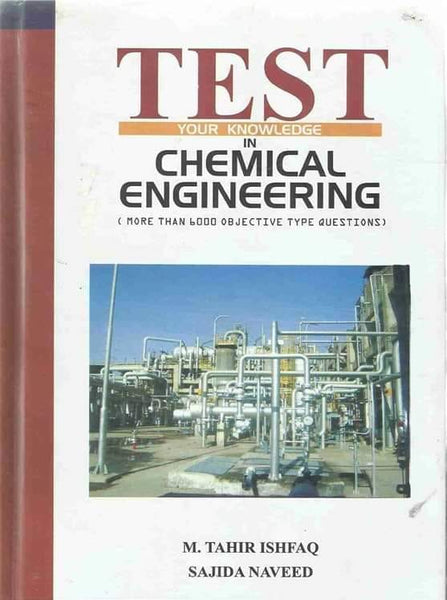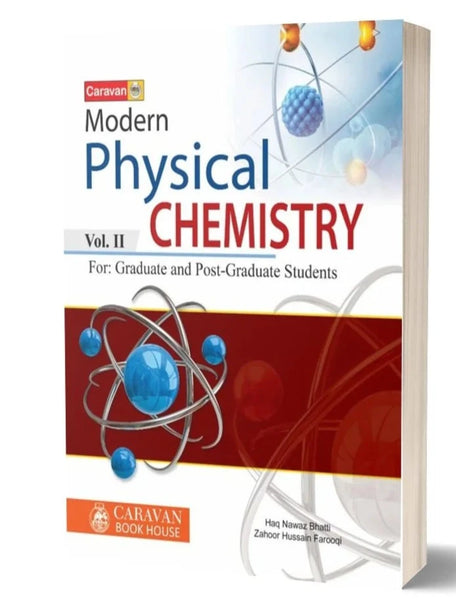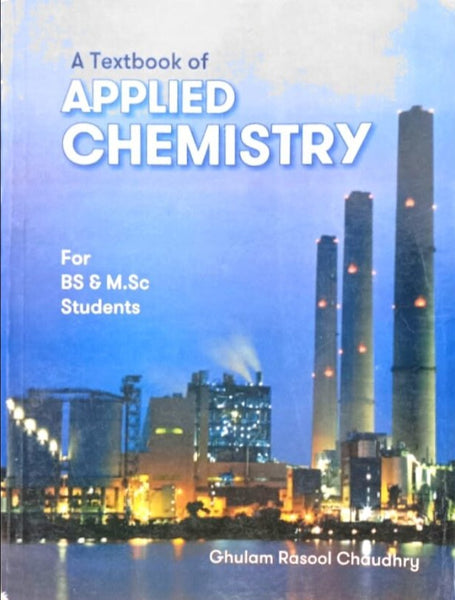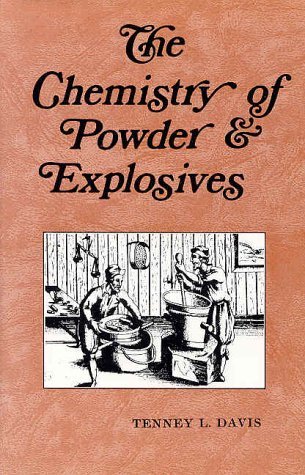Ghulam Rasool Chaudhary's "Organic Chemistry Textbook for BS and B.Sc" offers a comprehensive introduction to the principles, reactions, and applications of organic chemistry tailored for undergraduate students. Covering fundamental concepts to advanced topics, the textbook serves as an invaluable resource for learners pursuing degrees in chemistry and related fields. Through clear explanations, illustrative examples, and practical exercises, Chaudhary demystifies organic chemistry, empowering students to grasp complex concepts with ease and apply them in diverse scientific contexts.
1. Comprehensive Coverage of Organic Chemistry Fundamentals
Chaudhary's textbook provides a thorough exploration of foundational principles, including molecular structure, bonding, stereochemistry, and functional groups. Each concept is elucidated with clarity to ensure a solid understanding among students.
2. In-Depth Analysis of Reaction Mechanisms
Students gain insight into the mechanisms underlying organic reactions, enabling them to predict and rationalize the outcomes of chemical transformations. Mechanistic details are presented systematically, facilitating comprehension and retention.
3. Exploration of Organic Synthesis Strategies
The textbook delves into various methods and strategies employed in organic synthesis, equipping students with the tools to design and execute synthetic routes for the construction of complex molecules.
4. Discussion of Spectroscopic Techniques
Chaudhary elucidates the principles of spectroscopic techniques commonly used in organic chemistry, such as IR spectroscopy, NMR spectroscopy, and mass spectrometry. Through detailed explanations and practical examples, students learn to interpret spectral data effectively.
5. Integration of Bioorganic Chemistry Concepts
The textbook integrates bioorganic chemistry concepts, highlighting the relevance of organic chemistry in biological systems. Students gain an understanding of biomolecules, enzyme catalysis, and drug design principles.
6. Emphasis on Organic Reaction Mechanism Analysis
Chaudhary emphasizes the importance of mechanistic analysis in organic chemistry, guiding students in dissecting reaction pathways and understanding the factors that influence reactivity and selectivity.
7. Application-Oriented Examples and Problems
Numerous real-world examples and problem-solving exercises are included to reinforce theoretical concepts and foster critical thinking skills. Students are encouraged to apply their knowledge to solve practical problems encountered in organic synthesis and research.
8. Exploration of Advanced Topics
Advanced topics such as organometallic chemistry, pericyclic reactions, and asymmetric synthesis are discussed to provide students with a comprehensive understanding of contemporary organic chemistry research and applications.
9. Integration of Green Chemistry Principles
The textbook incorporates principles of green chemistry, emphasizing the importance of sustainability and environmental responsibility in organic synthesis. Students learn about green synthetic methodologies and their impact on reducing chemical waste and environmental harm.
10. Practical Laboratory Techniques
Guidance on practical laboratory techniques and safety protocols is provided, ensuring that students develop essential skills for conducting organic chemistry experiments safely and effectively.
Chaudhary's "Organic Chemistry Textbook for BS and B.Sc" equips students with a solid foundation in organic chemistry, preparing them for further studies and careers in academia, industry, and research. With its comprehensive coverage, clear explanations, and practical examples, the textbook serves as an indispensable resource for undergraduate chemistry education.



